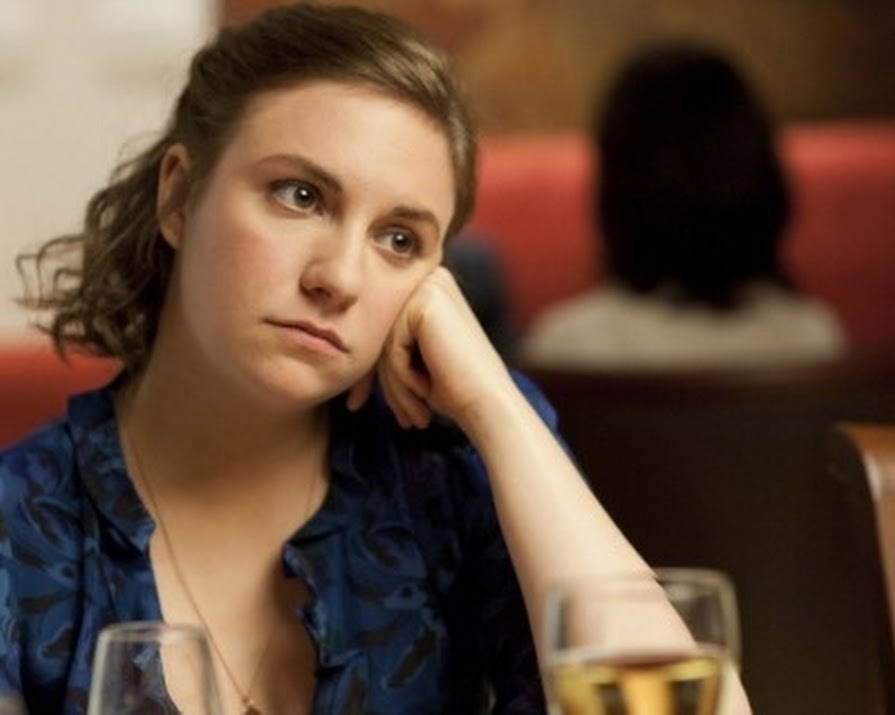
By IMAGE
04th Dec 2014
04th Dec 2014
Well, this just makes all kinds of sense. According to science, women’s interest in sex is indeed an incredibly complicated thing, as opposed to men, who, thanks to their higher levels of testosterone, look forward to a roll in the hay in much the same way they enjoy a good roast dinner.
Women, it seems, require an awful lot more to find themselves turned on, as per?Dr. John Randolph, an author of the study published in the?Journal of Clinical Endocrinology and Metabolism. As up to one third of all women are said to suffer from hypoactive sexual desire disorder, which is just a medical term for our crappy sex drives, researchers are still hard at work in their attempts to balance this statistic and give women a much needed boost. Once again, it seems our male counterparts have an easier time of it.
For women, Dr Randolph concludes that ‘mood and an overall sense of health and well-being is key for women”, as opposed to the theory that by simply increasing our levels of testosterone, we’d be up for it more often. Sadly, it all hangs on our emotional state.
According to CNN, Randolph and his team examined data from 3,302 women who were part of a decade-long study. The women involved had their blood drawn so that doctors could check the presence of testosterone and other reproductive hormones in their bodies. As they expected, researchers saw that the women with higher testosterone levels in their blood felt sexual desire slightly more than women with lower levels. Interestingly, however, ?the difference was underwhelming,? says Randolph. They concluded then that giving a woman with a low sex drive a boost in testosterone wouldn’t quite solve the problem.
Where Randolph and co began to detect patterns though, was across the women who had reported fewer sad moods and a general sense of emotional satisfaction in their relationships. These women had far more sexual desire than those whose emotional wellbeing was significantly below par.
So rather than pumping ourselves full of hormones, what women with a less than satisfactory sex drive ought to consider is the ways in which they can improve the psychological factors at play.
So what that suggests is that women who are dissatisfied with their low desire for intimacy may want to talk to their doctors about how they can improve these psychological factors instead.
?It’s not fair, I know. A lot of people would probably rather just be able to take a pill,? Randolph said. ?But when it comes to sex, women are a lot more complicated.?























